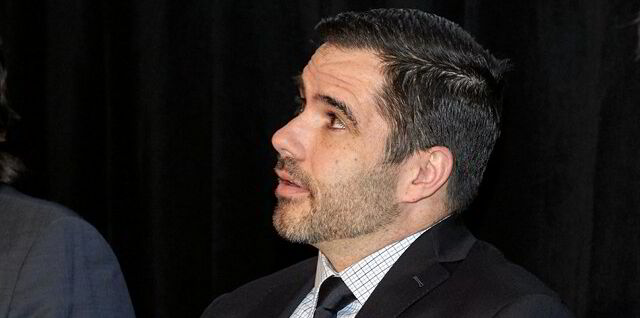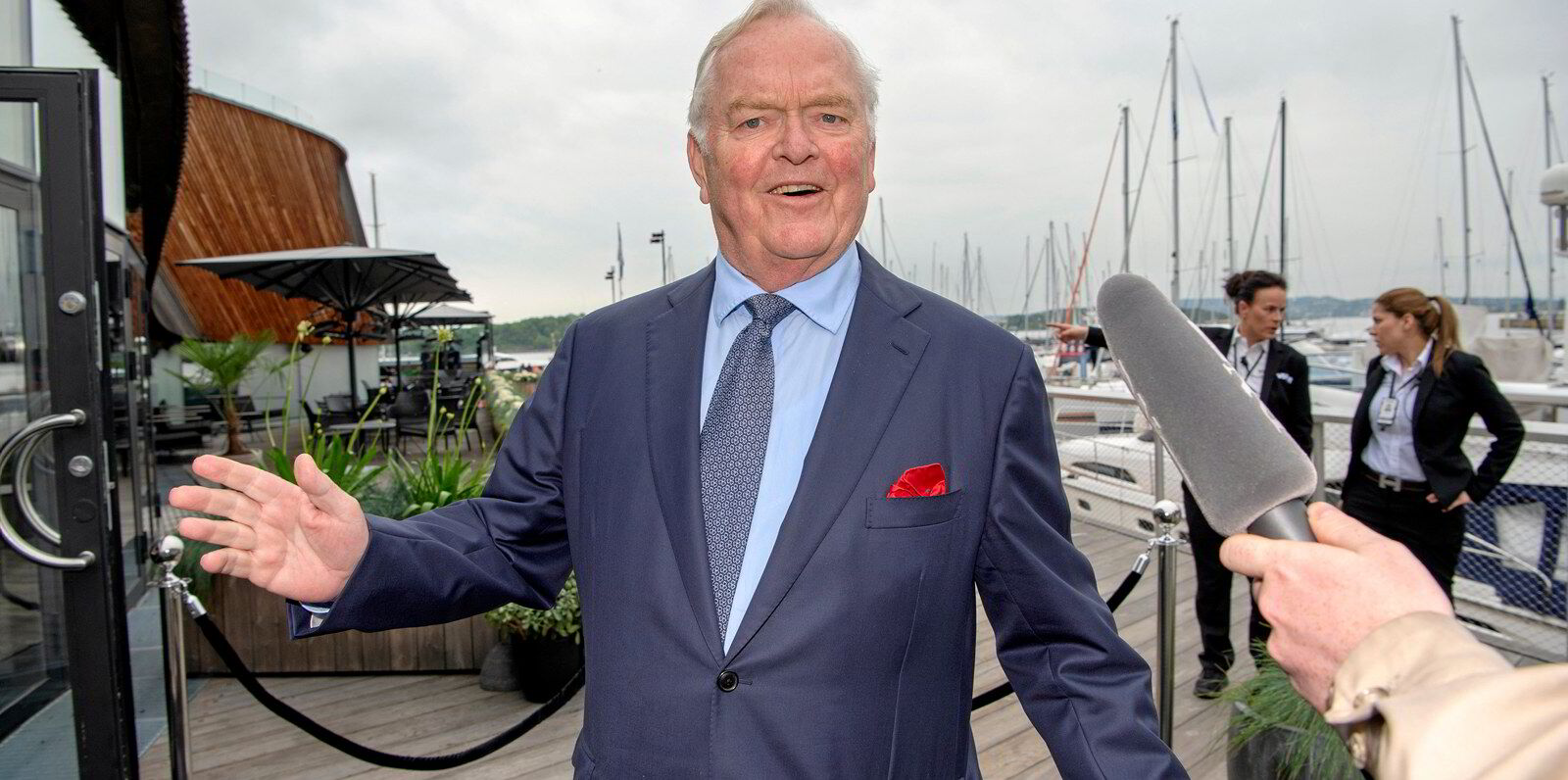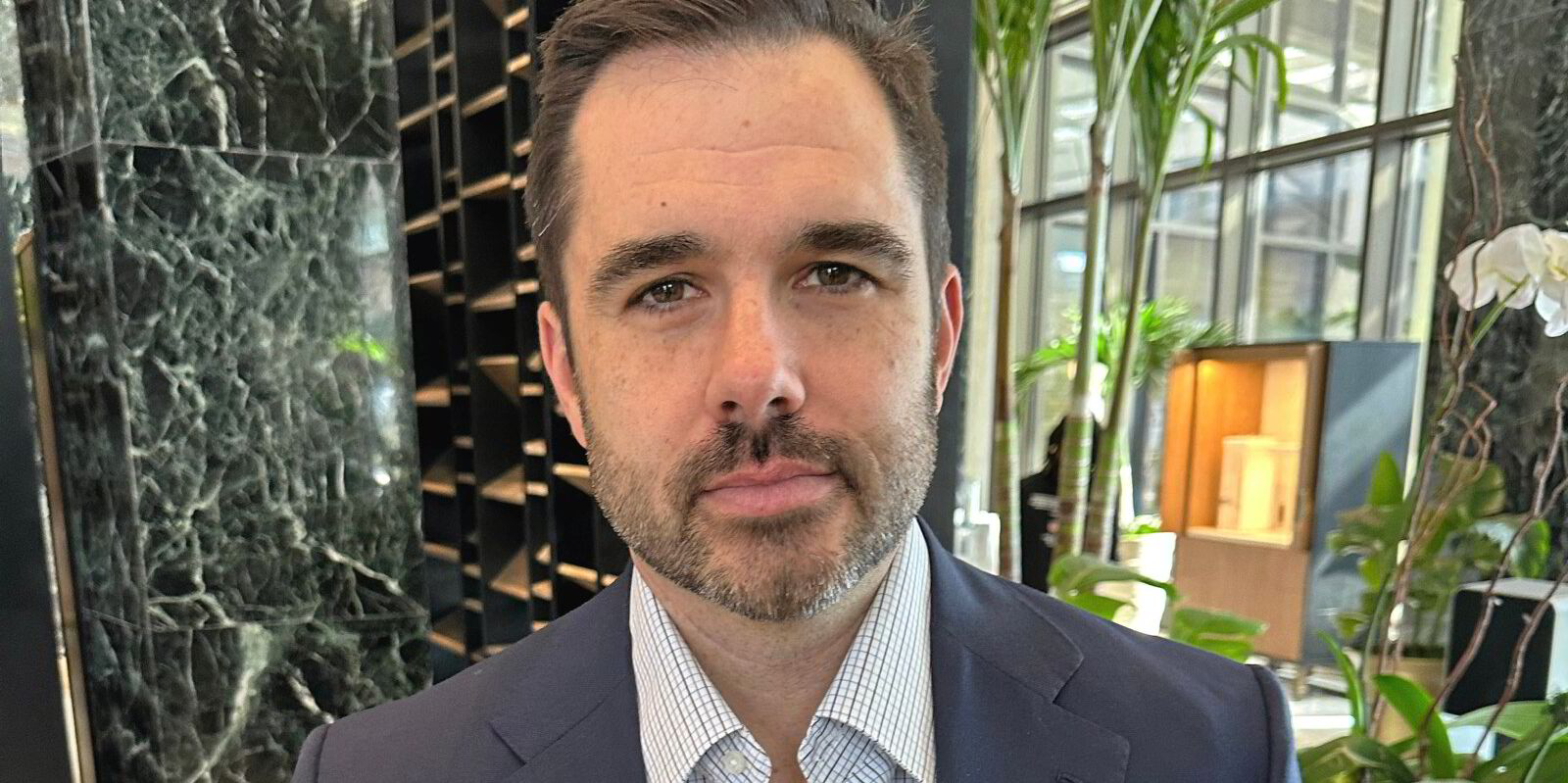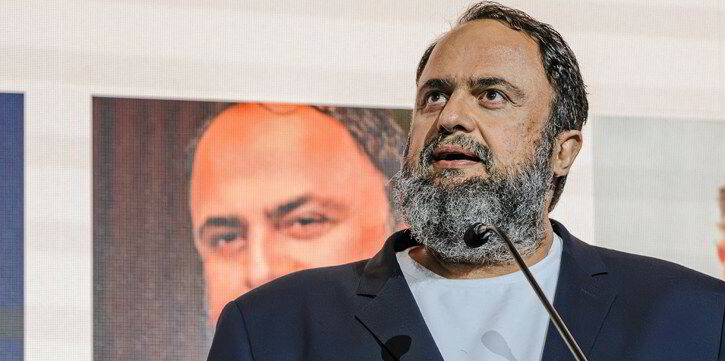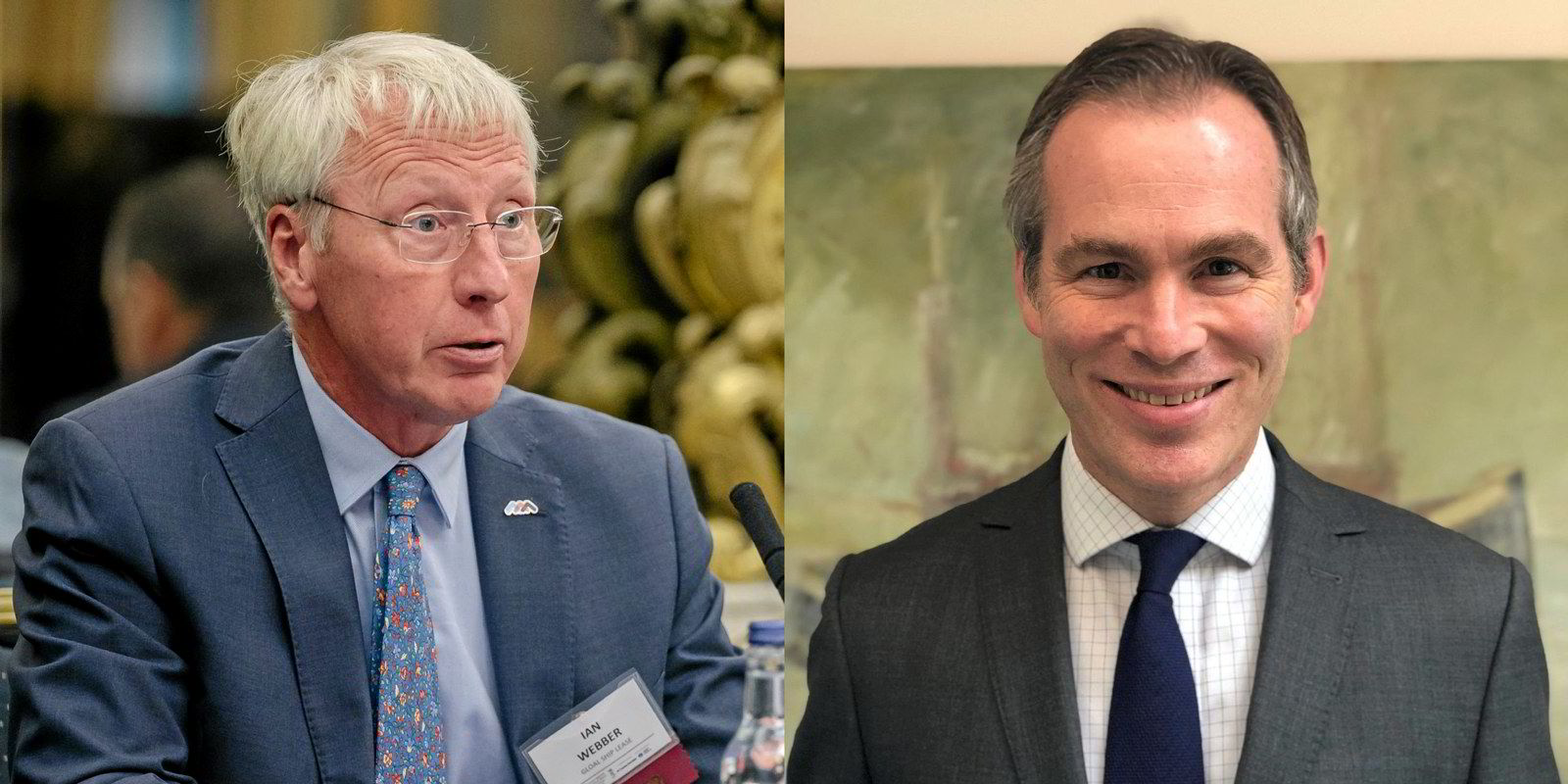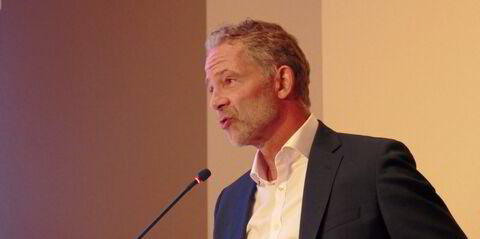Whether you want to call it soccer or football, equity analyst Mike Webber is there for it in a big way.
He is an avid fan of English Premier League club Arsenal, taking in matches on visits to London and even prevailing on his debut in a fantasy league competition made up of shipping researchers, as TradeWinds has chronicled.
So it is not surprising that Webber slips into football metaphors as he parses the details of what he is best known for in shipping circles: Webber Research & Advisory’s annual “ESG scorecard”.
Although he is careful about how he phrases it, the man responsible for the ESG scorecard — ESG stands for environmental, social and governance issues — will admit that he’s not a great fan of ESG, or at least what ESG has become.
There has been a wider backlash against ESG by elements of the general investment community as having become overly subjective, overbearing and having little to do with actual financial performance of public companies. For the most part, Webber is there for that sentiment as well.
“The goalposts around the ‘E’ and the ‘S’, they tend to move a lot,” said the football fan.
“The goalposts around corporate governance don’t move all that much. When it comes to making information transparent to investors and promoting fair dealing, those goalposts don’t move.”
Webber probably cannot change the name of his scorecard back to the moniker he coined on its debut in 2016, but he has thought about it.
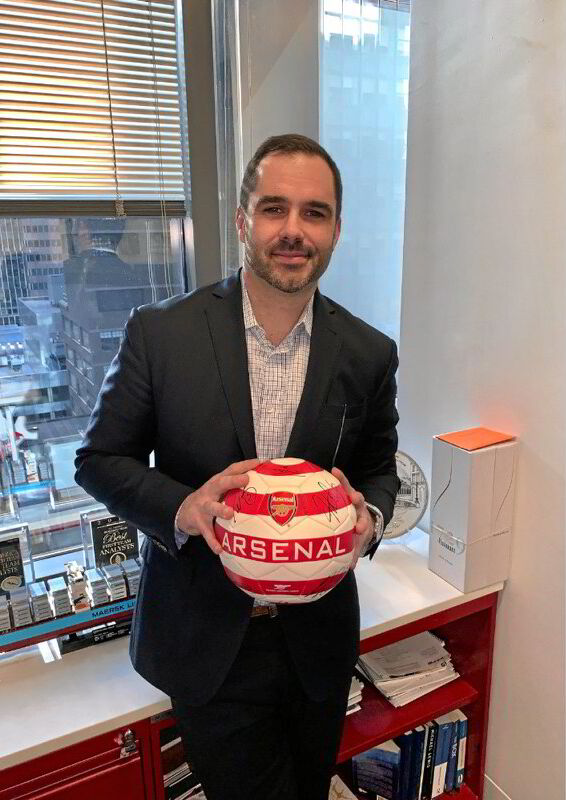
“I hate to even use the term ‘ESG’ to be honest. I’m tempted to go back to calling it the ‘corporate governance scorecard’. That’s where most of our model fits.”
What this means is that the Webber ratings — which do measure whether owners report their carbon emissions — probably will not expand the “E” into forming a subjective judgement about the actual quantity of those emissions.
And as to the “S”, his model does not do much with it now and he is not looking to change that.
Webber attaches a 12.5% weight to the independence of company directors. It does look at gender and age diversity but as two of four sub-factors in a category that has been reduced to a 10% weight overall.
“Delving further into social issues is not something we intend to do. We could look at something like mariner safety, which probably fits under ‘S’ and is more binary,” he said.
“Some elements of the category have evolved in a less productive way and have become more of a virtue-signalling exercise, which is absolutely not what we’re trying to measure.
“Our model is built to be very dry and kind of cold. It’s built to be of a quantitative nature, not some virtue-signalling free-for-all.”
It may help to understand how the scorecard came into being.
Webber was still a shipping analyst at Wells Fargo Bank when he was pressed by a core group of fund managers and institutional investors to hold public shipowners to account.
The message: “If this sector is going to be investable, there needs to be better governance.”
Again, there is the “G” word. And it was directly tied to money. Investors wearied of shipowners who repeatedly directed cash out of their public companies and into private management accounts through a variety of related-party arrangements and conflicts.
This was the original mission, and investors today have many of the same concerns. It is where the conversation still starts, much more than environmental or social issues.
“Whether a company shows this much diversity or does this much good in the community — that’s different from saying you shouldn’t have avenues in your governance structure where you can steal from investors,” Webber told TradeWinds last year.
He even finds a way to bring the related-party issue back to his other passion.
“Related-party transactions are a huge talking point for the Premier League right now,” he said.
“This is always going to be at the forefront of investors minds. Are they at an information disadvantage? Is there fair dealing? Long after we stop putting out this report, people will still care about that. The goalposts haven’t moved.”
Odds and ends
Beyond recommitting to governance as the clear priority, what were some of the developments that caught Webber’s eye in the 15-page report?

One trend was the disappearance of eight public companies from last year’s report because they had been acquired in mergers or taken private.
Because Webber likes to have a field of 64 companies, the researchers found eight replacements, including bottom-rated Imperial Petroleum and 62nd-place Toro Corp. Both have done equity raises through controversial US bank the Maxim Group.
“We don’t want to put ourselves in a situation where we ignore the bottom end of the scale when it comes to market capitalisation,” Webber explained.
“It’s where you typically have more retail investors and people who can be at an information disadvantage.”
Not all the newcomers sank to the bottom: first-time entry Tidewater in the offshore energy sector stormed the rankings at 11th.
Although not new to the table, small Oslo-listed dry bulk owner Belships barged into the top 10 finishers for the first time, climbing eight spots to seventh.
Praise for climbers
“Belships scored really well in our model,” Webber acknowledged. “It’s not often that you see a small Norwegian company jump up like that in our tables. It’s nice to see. Not a one-off; they’re well structured.”
Webber also reserved praise for Excelerate Energy, which had the biggest upward climb, soaring 16 spots to 28th.
And he name-checked Capital Clean Energy Carriers, the Evangelos Marinakis-backed vehicle formerly known as Capital Product Partners. Although it rose only two spots, Capital joined the top half of the table for the first time at 32nd.
“They quietly have moved up year over year for a while now on improved governance practices. I remember when they were in our bottom quadrant, so nice progress,” Webber said.
